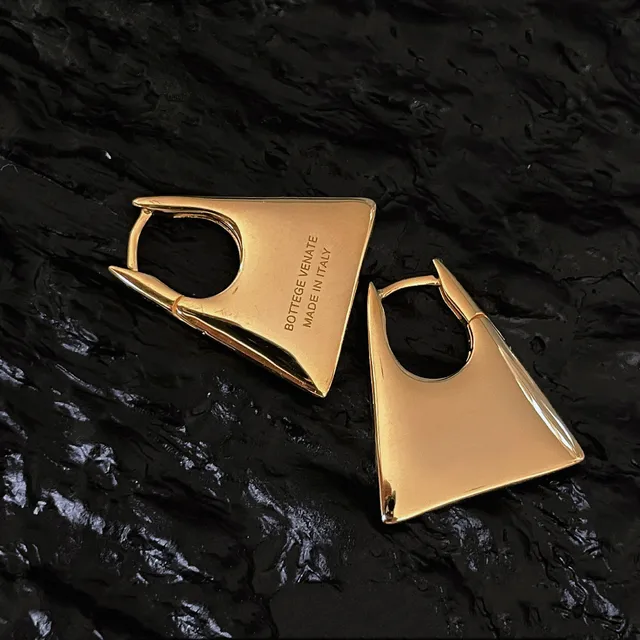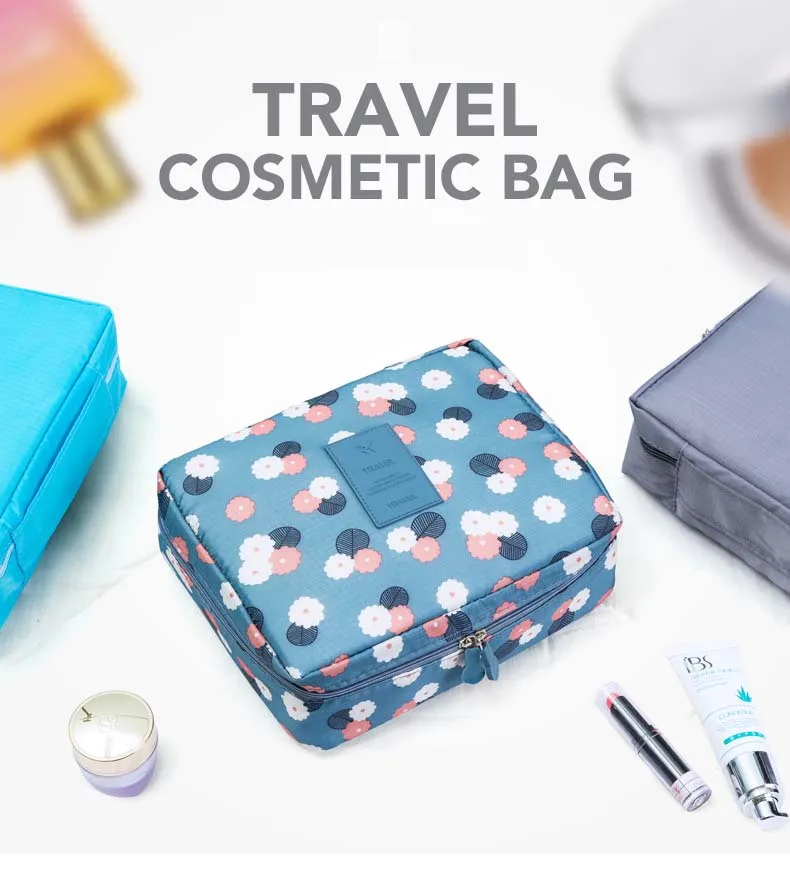Iceland – barely any other destination is currently as hot and hyped as this little island in the north Atlantic. Only 300,000 people live on the island, and yet, over 1,000,000 travelers visit Iceland every year. Since the economic crash in 2008, the Icelandic currency has lost a lot of value – suddenly a trip to Iceland became affordable luxury.
The country had to find new ways of strengthening its economy and started a full-on marketing journey attracting people from all corners of the world to come and visit its famous natural landmarks. Almost everybody I know has been to Iceland – and why wouldn’t they; it’s beautiful!
But is it still ethical to travel to Iceland?
I’ve visited Iceland twice in my life, once in 2010, when I was an Erasmus student and was lucky enough to study at the University of for five months; and once 5 years later when I returned with my Swedish flatmate for some horse-back riding and to see the Northern lights. The contrast was crazy.
While during a road trip around the island in April 2010, there was barely another foreign soul in sight, I found a much busier island in January 2015. Winter had gone from off-season to a second high season, as the Northern lights and glacier tourism was growing significantly.
Friends from back then told me that some of our favorite hot springs at the end of off-beat back-country hikes, were now popular day trip destinations with new hiking trails, changing facilities and considerably more traffic. Talks about charging entrance fees to Iceland’s most famous landmarks worry both visitors and locals. Terrible news about tourist accidents on Icelandic beaches and mountains are more frequent than ever.
Something is wrong in paradise…
How can such a small country handle the masses of people wanting to visit? And what can travelers do to make their visits ethically sustainable?
Here are 5 things to consider before you travel to Iceland:
1) Go off the beaten track
Going off the beaten track is not just a question of beating the crowds and avoiding the places everybody else visits. It is more than the patronizing, ‘Do you want to return home with the same pictures as everybody else?’ question. Going off the beaten track in Iceland means that the masses of tourists visiting the island get spread out across the whole terrain – and so does their environmental impact. 100 people walking the same trail does more damage than the same amount of footsteps in 100 different locations.
Dare to be different and instead of the Golden Circle, Jokulsarlon and the Blue lagoon, check out the West Fjords, , the Westman Islands, the Snaefellsnes peninsula or the Myvatn Nature Baths!
images via
2) Respect the rules protecting the environment
Iceland is an incredibly fragile environment and there are rules in place to protect that. Don’t drive off-road; don’t walk off the marked trails; don’t stick your hand in a hot spring of which you don’t know the temperature; observe the barriers around geysirs; don’t damage plants or rock formations; avoid disturbing wildlife. Those are just a few basic rules of conduct when visiting Iceland, and many of these not only protect the environment, but also protect you.
When you’re hunting the perfect photo for your Instagram, take a moment and think: what is more important; the fragile environment that took thousands of years to form its current shape, or risking to destroy this environment for a few more likes on your profile.
3) Be cautious when booking accommodation
With the increase of visitors, the demand for accommodation in and around Reykjavik has grown exponentially. From local friends I know that the city is at breaking point – there is simply not enough space to accommodate everyone. Airbnb has become extremely popular, but not every host is registered. Housing prices are soaring and affordable living space in central Reykjavik is few and far between.
One solution for travelers is to be cautious when booking accommodation – hotels, hostels and registered Airbnbs only, or leave the city behind and book accommodation in the country side. is a great platform to find affordable accommodation around the island.
4) Think about your impact
Traveling has an impact anywhere around the world – whether it’s positive or negative, on the environment, the economy or the local population. In Iceland the environmental impact is the most obvious, so don’t be afraid to drink the local tap water instead of buying bottled water, and stick to the rules of environmental protection. But there Iceland visitors also have a significant social and economic impact. Say, for example, you want to buy Icelandic knitting products; don’t do it at a tourist shop in the shopping center, but go directly to the source and buy from the locals who knit the jumpers, mittens and hats themselves. Also consider local customs, such as showering naked before entering a swimming pool or hot pot.
To remind yourself of some basics, read our .
5) Listen to local advice
Locals know best. If a local tells you not to do something – like drive around the island in 4 days, or strolling along a beach when it’s storming – listen to them. Many accidents that happen to tourists in Iceland could have been avoided by listening to local weather reports or simply local advice on what to do, and what to avoid. A good place for some introductory Icelandic advice is I Heart Reykjavik’s .
For more local advice check our !
What is your top tip to keep traveling to Iceland ethically sustainable?





























